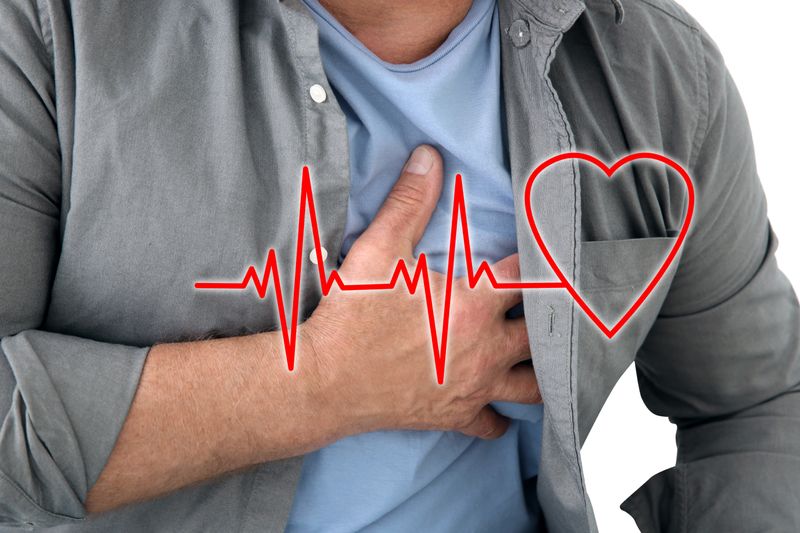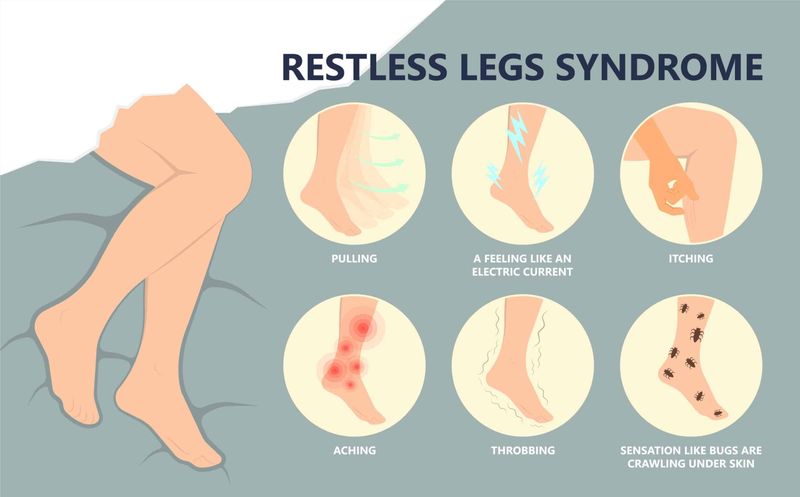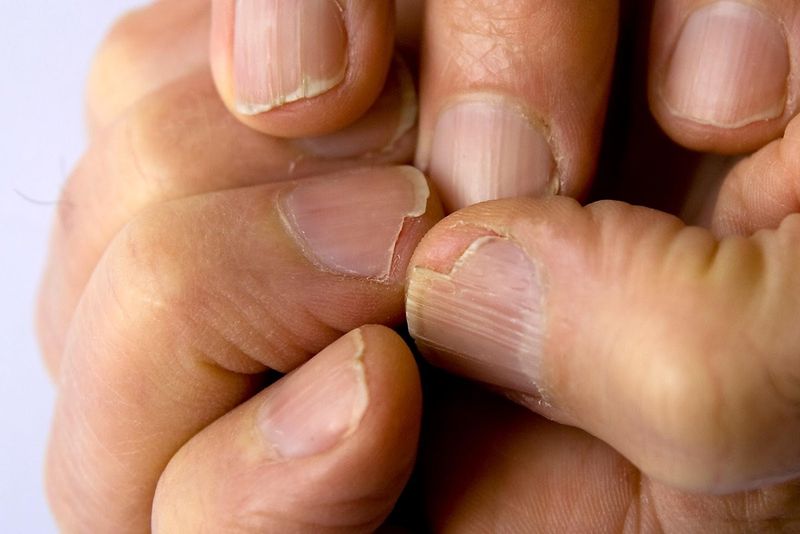Iron deficiency is an often overlooked nutritional concern that can have significant impacts on overall well-being. Iron plays a crucial role in the production of hemoglobin, which is responsible for transporting oxygen throughout the body. A deficiency in iron can lead to symptoms such as fatigue, weakness, and impaired immune function.
Many experience these symptoms without realizing their connection to iron levels. Understanding the signs of iron deficiency is essential for addressing it effectively. The good news is that there are natural ways to replenish iron levels, ensuring your body functions optimally. This blog post explores key signs of iron deficiency and presents natural methods to boost iron intake.
1. Fatigue and Weakness

Fatigue and Weakness
One of the most common signs of iron deficiency is constant fatigue. This tiredness goes beyond normal tiredness and doesn’t improve with rest. If you notice you’re dragging through the day with persistent weakness, it might be due to low iron levels.
The body needs iron to produce hemoglobin, a key component in red blood cells. Without enough iron, your body can’t effectively transport oxygen, leaving you feeling drained. To combat this, consider incorporating iron-rich foods like spinach and lentils into your diet.
2. Pale Skin

Pale Skin
Pale or sallow skin is a telling sign of iron deficiency. Iron helps red blood cells carry oxygen throughout the body. When you’re deficient, your skin might lose its healthy glow.
This paleness can be more apparent in the face, particularly around the lips and eyelids. To improve your iron levels, try eating more red meat or fortified cereals. These foods can help restore your skin’s natural color and vitality.
3. Shortness of Breath

Shortness of Breath
If simple tasks leave you out of breath, iron deficiency could be the culprit. Iron is crucial for producing hemoglobin, which transports oxygen. Without it, even light activities can be exhausting.
Consider assessing your iron intake if climbing stairs or walking leaves you panting. Adding iron-rich foods like poultry and beans to your diet can make a noticeable difference in your energy levels and help improve your breathing.
4. Heart Palpitations

Heart Palpitations
Heart palpitations can be alarming and are sometimes linked to iron deficiency. When iron levels are low, your heart must work harder to circulate blood, leading to an irregular heartbeat.
If you frequently experience palpitations, it’s worth considering an iron assessment. Consuming dark leafy greens and legumes can naturally boost your iron, supporting heart health and reducing the frequency of these episodes.
5. Restless Legs Syndrome

© Spine Correction Center of the Rockies
Restless Legs Syndrome
Restless Legs Syndrome (RLS) can be linked to iron deficiency, leading to uncomfortable sensations in the legs. This neurological disorder can cause an irresistible urge to move the legs, often disrupting sleep.
Boosting your iron intake through diet or supplements can alleviate RLS symptoms for many people. Foods like nuts and seeds are rich in iron and can help manage this condition effectively.
6. Cold Hands and Feet

Cold Hands and Feet
Experiencing cold hands and feet might indicate iron deficiency. Iron is vital for maintaining proper circulation, and a lack of it can lead to poor blood flow.
If you constantly find yourself shivering, consider boosting your iron through foods like tofu and quinoa. These can help improve circulation and keep your extremities warm, enhancing overall comfort.
7. Brittle Nails

Brittle Nails
Having brittle or spoon-shaped nails can be a surprising sign of low iron levels. Iron is essential for producing healthy cells, including those that strengthen nails.
To remedy this, focus on consuming foods high in iron like fish and chickpeas. With improved iron intake, your nails may become stronger and less prone to breaking, reflecting your overall health improvement.

Well, hello there!
My name is Jennifer. Besides being an orthodontist, I am a mother to 3 playful boys. In this motherhood journey, I can say I will never know everything. That’s why I always strive to read a lot, and that’s why I started writing about all the smithereens I came across so that you can have everything in one place! Enjoy and stay positive; you’ve got this!

